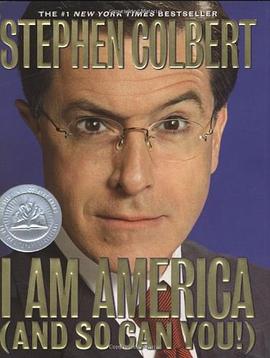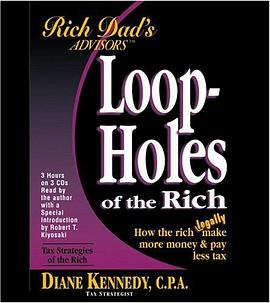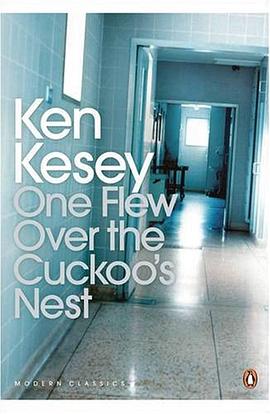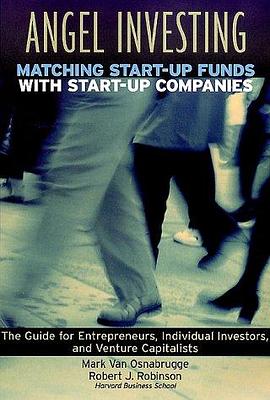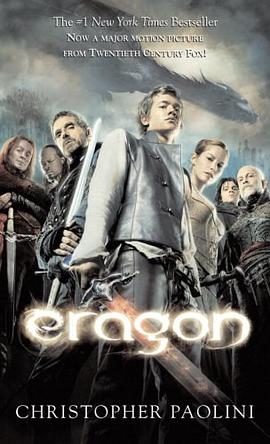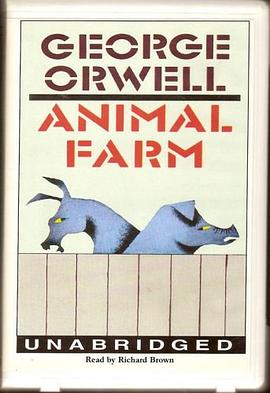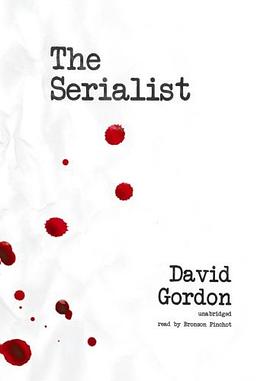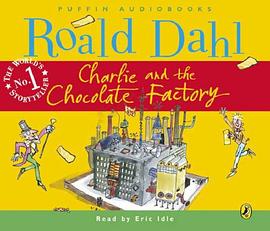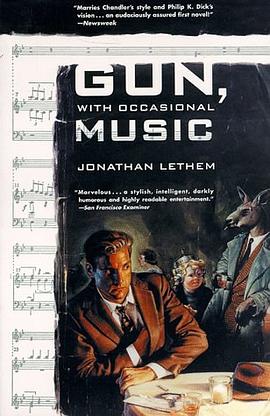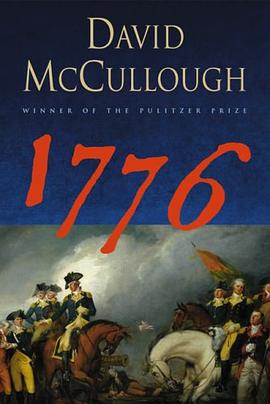

具体描述
From Publishers Weekly
Starred Review. Bestselling historian and two-time Pulitzer winner McCullough follows up John Adams by staying with America's founding, focusing on a year rather than an individual: a momentous 12 months in the fight for independence. How did a group of ragtag farmers defeat the world's greatest empire? As McCullough vividly shows, they did it with a great deal of suffering, determination, ingenuity—and, the author notes, luck.Although brief by McCullough's standards, this is a narrative tour de force, exhibiting all the hallmarks the author is known for: fascinating subject matter, expert research and detailed, graceful prose. Throughout, McCullough deftly captures both sides of the conflict. The British commander, Lord General Howe, perhaps not fully accepting that the rebellion could succeed, underestimated the Americans' ingenuity. In turn, the outclassed Americans used the cover of night, surprise and an abiding hunger for victory to astonishing effect. Henry Knox, for example, trekked 300 miles each way over harsh winter terrain to bring 120,000 pounds of artillery from Fort Ticonderoga to Boston, enabling the Americans, in a stealthy nighttime advance, to seize Dorchester Heights, thus winning the whole city.Luck, McCullough writes, also played into the American cause—a vicious winter storm, for example, stalled a British counterattack at Boston, and twice Washington staged improbable, daring escapes when the war could have been lost. Similarly, McCullough says, the cruel northeaster in which Washington's troops famously crossed the Delaware was both "a blessing and a curse." McCullough keenly renders the harshness of the elements, the rampant disease and the constant supply shortfalls, from gunpowder to food, that affected morale on both sides—and it certainly didn't help the British that it took six weeks to relay news to and from London. Simply put, this is history writing at its best from one of its top practitioners.
作者简介
With his riveting, enlightening accounts of subjects from Johnstown Flood to John Adams, David McCullough has become the historian that Americans look to most to tell us our own story. In his Amazon.com interview, McCullough explains why he turned in his new book from the political battles of the Revolution to the battles on the ground, and he marvels at some of his favorite young citizen soldiers who fought alongside the remarkable General Washington.
目录信息
读后感
It is an amazing book by David McCullough who has won his Pulitzer Prize by the book of "John Adams". As an historian, McCullough concentrated on not only the astronomical (at least to me) collection of facts and evidence but also the organization of them...
评分坦白说是被书名美国的诞生给吸引了,但实际上全书只是描述了1776年的战斗历程。华盛顿可以说是靠着坚韧不拔的意志力而非完美的战略战术指挥作战,好在英军统帅也是三心二意不够坚决,否则就没有现在的世界格局了。 整体翻译质量不错,但是有些小瑕疵还是不吐不快: 1、P73第4段...
评分这不是一部历史教材。如果一定要分类,勉强可以算国内的所谓“纪实文学”。但是其历史性、文学性和思想性都到达了一个相当的高度。我把它叫做“一年史”,是因为从题材上讲,它跟黄仁宇的《万历十五年》都是取历史长河中有特点的一年,加以详述。 第一,历史性:David McCullo...
用户评价
我是一个注重细节的人,而这本书在这方面做得相当出色。无论是对战役的描写,对人物心理的刻画,还是对当时社会环境的还原,都充满了令人信服的准确性。我能感受到作者在写作过程中付出的巨大努力,他一定进行了大量的研究和考证,才能够如此生动而真实地还原那个时代。这本书让我对历史人物有了更深的认识,他们不再是教科书上冰冷的文字,而是有血有肉、有情感、有担当的鲜活个体。
评分总而言之,《1776》这本书给我带来了前所未有的阅读体验。它不仅仅是一本历史读物,更像是一部引人入胜的史诗。我从中学到了很多,也思考了很多。作者的才华和他对历史的热情,都深深地感染了我。这本书让我对那段重要的历史有了更深刻的理解,也让我对历史的魅力有了全新的认识。我一定会将这本书推荐给所有对历史感兴趣的朋友,我相信他们也一定会和我一样,被这本书所深深打动。
评分这本书的封面设计就有一种历史的厚重感,深邃的蓝与金色的字体交织,仿佛诉说着一段不平凡的岁月。我一直对美国独立战争的历史颇感兴趣,但市面上很多书籍要么过于学术化,要么流于表面。拿到《1776》这本书时,我抱着既期待又略带谨慎的心情翻开了第一页。作者的叙事风格一开始就牢牢抓住了我,他没有一开始就抛出大量的战争细节和政治博弈,而是从人物入手,鲜活地勾勒出了那些塑造了历史的关键个体。读到那些充满智慧、勇气,有时也带着巨大疑虑和挣扎的领袖们,我仿佛置身于那个风雨飘摇的年代,能够感受到他们肩上的重担,以及在无数个失眠的夜晚,他们如何权衡利弊,做出那些影响深远的决定。
评分这本书的结构设计也相当精巧。作者似乎有意为之,将那些决定性的时刻,那些转折点,用一种引人入胜的方式呈现出来。我感觉自己像是置身于一个巨大的棋盘上,看着那些历史的“棋子”如何被一步步推动,最终导向了不可逆转的结局。这种布局,让我在阅读的过程中,能够清晰地把握住历史的脉络,理解事件之间的因果关系,而不是被海量的信息淹没。我能够清晰地看到,是什么样的决策,什么样的勇气,什么样的牺牲,最终铸就了那段辉煌的历史。
评分我必须承认,在阅读这本书的过程中,我被作者的文字魅力深深吸引。他的语言充满力量,又不失细腻。他能够用寥寥数语勾勒出人物的性格特点,也能用波澜壮阔的笔触描绘出宏大的历史场景。我经常会因为某个精彩的段落而停下来,反复品味作者的用词和表达方式。他对于历史事件的分析也十分独到,不回避其中的争议和复杂性,而是尝试去呈现一个更真实、更全面的历史图景。这让我不仅获得了知识,更在思想上得到了启发。
评分我特别喜欢作者处理叙事节奏的方式。有时候,故事会如同潮水般汹涌澎湃,将读者带入激烈的战役,让我屏住呼吸,担心每一个士兵的命运;有时候,它又会放缓脚步,深入到人物的内心世界,展现他们面对困境时的脆弱与坚韧。这种起伏跌宕的叙事,让我始终保持着高度的阅读兴趣,不像有些历史作品,读着读着就让人感到疲惫。作者在历史细节的呈现上也非常到位,他会细致地描述当时士兵们的生活状况,他们的装备,他们的补给,甚至他们内心深处的渴望。这些细节不仅仅是历史的注脚,更是将我拉进那个时代的有力工具,让我能够更深刻地理解那个时代人们所经历的一切。
评分这本书的语言风格非常独特。它不像某些历史著作那样枯燥乏味,也不像某些小说那样过于虚构。作者的文字,既有历史的厚重感,又有文学的感染力。他能够用精准的词汇描绘出历史事件的宏大,也能用细腻的笔触触及人物内心的柔软。我感觉自己仿佛置身于一个历史的长河中,一边欣赏着壮丽的风景,一边聆听着激荡人心的故事。
评分这本书的叙事方式,让我觉得非常具有代入感。作者并没有选择一种高高在上的讲述姿态,而是像一位经验丰富的导游,带领我穿越时空,去亲身体验那段历史。他会适时地插入一些有趣的细节,或者提出一些发人深省的问题,让我不断地思考和参与进来。我感觉自己不再是一个被动的读者,而是一个积极的探索者,渴望去揭开历史的层层面纱,去理解那个时代的精神内核。
评分阅读过程中,我常常被作者对历史人物的描写所打动。他并没有神化任何一个人,而是真实地展现了他们的优点与缺点,他们的成就与局限。这种真实,反而让我对他们更加敬佩。我看到了他们的挣扎,他们的犹豫,他们在巨大的压力下所做出的艰难抉择。这些细节,让那些历史人物变得更加 relatable,更加 human。我能够理解他们行为背后的动机,也能感受到他们内心的矛盾与斗争。
评分这本书给我最大的惊喜在于其叙事的新颖之处。作者并非按照时间线的线性推进,而是巧妙地穿插了不同人物的视角,有时是远眺全局的战略家,有时是身处前线的普通士兵,甚至还有一些关键时刻的旁观者。这样的处理方式,让整个故事更加立体丰满,我能够从不同的角度去审视同一事件,理解其背后更复杂的原因和影响。我仿佛经历了一场身临其境的体验,感受到了历史的脉搏,也更加理解了那些看似遥远的事件,是如何由无数个个体的选择和行动汇聚而成。
评分书是很好的书,故事的收放都很好,没有刻意塑造偶像,各种引文穿插得也很流畅。但整本书是讲1776年的华盛顿与英军交战,并未对潘恩的《常识》,《独立宣言》的起草做交待。有点过于单线条,缺乏全局视角。这样一来,独立史又变成了战争中的英雄史。
评分听从作者的建议,read more history.历史一向是我的弱项,等我读更多以后再回来反刍这本。能把历史讲的这么细却一点不啰嗦。有一些细节印象很深。
评分国内的商务印书馆出中文版了~
评分McCullough的代表作之一,确实不错。他的历史书写的像小说。
评分McCullough的代表作之一,确实不错。他的历史书写的像小说。
相关图书
本站所有内容均为互联网搜索引擎提供的公开搜索信息,本站不存储任何数据与内容,任何内容与数据均与本站无关,如有需要请联系相关搜索引擎包括但不限于百度,google,bing,sogou 等
© 2026 book.quotespace.org All Rights Reserved. 小美书屋 版权所有


